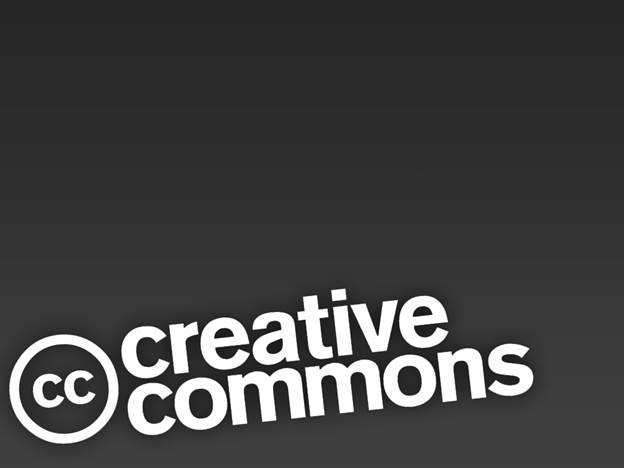Whether in a tweet or Facebook posting, or in a blog or
comment responding to an article, defamation is a costly mistake, with $335,000
considered the upper limit for most damages payouts; most are significantly
smaller, though.
Copyright Concerns
The heyday of P2P networks and unlawful
downloads may be over, but that doesn’t mean legal action for sharing or
reusing copyright material is going away. The rise of YouTube, blogs and other
outlets means lawyers still have plenty on their plates. However, the chances
of facing legal action for copyright infringement are probably slimmer now than
in the past.

The
rise of YouTube, blogs…
Increasingly, rights-holders who find their
work used elsewhere, such as a television programme uploaded to YouTube, are
more likely to approach Google with a takedown notice and have the episode
removed than to pursue the uploader. The same goes for music in a video that
you’ve made yourself and soundtracked using a song without permission.
“The general position in a fan context is
that it’s very unlikely that any action would be taken; it’s more likely that
the host will receive a takedown request. The same would apply if you upload a
TV show, but not if you’re uploading thousands of songs,” said Rendle.
However, copyright pirates attract demands
for compensation from rights-holders, which can amount to much more than the
cost of the music or film. “Copyright holders can go behind the platform, and
with The Pirate Bay and people hosting illegal material, it’s more likely that
people will go to individuals through their IP address,” said Dr Dinusha Mendis,
associate professor in law at Bournemouth University. “They’re looking for
takedown and they’re looking for financial compensation.” In January, musician
Prince sought $22 million (around $22 million) from 22 people accused of
uploading his music, showing that although the studios focus on professional
pirates, fans can still feel their wrath.
Even making a copy of music you’ve already
bought, or moving it to another format, could technically be asking for
trouble, as UK law on the subject is due for renewal and doesn’t give consumers
any digital rights. “Making a copy for your own private use or moving it from
one format to another is a problem, because current UK law is silent on those
issues,” said Mendis. “The Hargreaves Review recommends these are things that
should be okay. At the moment, people do it, but they’re not punished. ”

Making
a copy for your own private use or moving it
from one format to another is a problem
Other copyright works that attract
attention from lawyers are photos posted on blogs and personal and business
websites. The hunt for free illustrations often leads bloggers to Flickr or
Google Images, where they look for pictures that are marked as free to use,
often under Creative Commons licence.
However, Creative Commons doesn’t give you
carte blanche to use images. There are various Creative Commons formats, and
it’s complicated by photos that belong to stock-image libraries being uploaded
to Flickr and incorrectly labelled as free to use. “It’s confusing. With
Creative Commons you have different levels, such as ‘non-attribution’ and
‘non-commercial’. Sometimes people label things as Creative Commons and don’t
know which licence they are using,” said Mendis. “People put things on Google
Images saying ‘Creative Commons’ without getting permission from the content
owners.
The moment they put ‘Creative Commons’ on
it everyone else thinks: ‘That’s something we can all use’.”

People
put things on Google Images saying ‘Creative Commons’
without getting permission from the content owners
The result can be a demand for royalties.
And like libellous retweets and “grossly offensive” Facebook posts, it shows
that the attitude that anything goes online can prove costly in the end.
However, the CPS also says it would “robustly prosecute”
posts that “amount to a credible threat of violence, a targeted campaign of
harassment against an individual or which breach court orders, and those
communications which may be considered grossly offensive”.